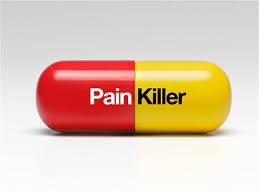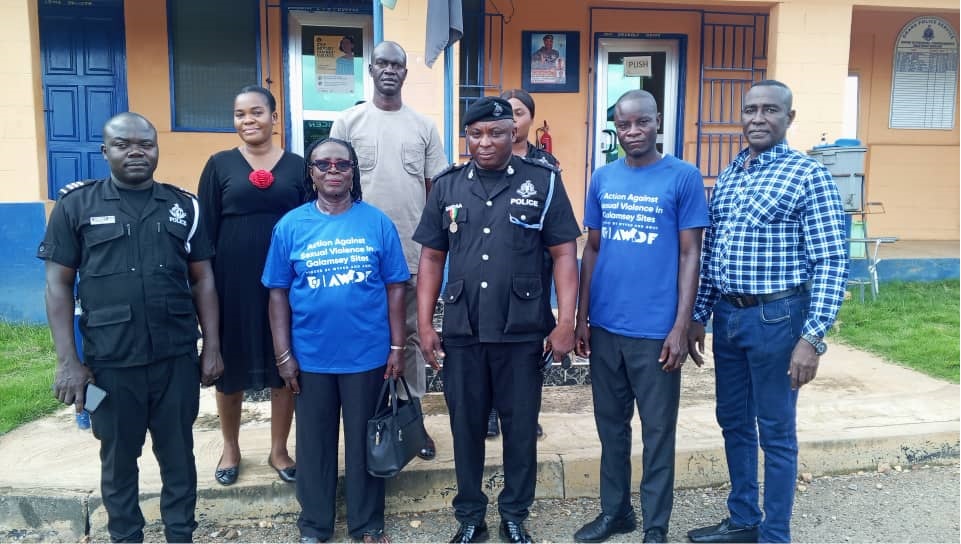Annually, Ghana together with the global community observes a number of health awareness
days. The month of June is particularly noteworthy with two key observances, World Sickle Cell
Day on June 19 and International Day Against Drug Abuse and Illicit Trafficking on June 26 ,
especially as the country continues to battle the challenge of drug abuse.

The respective themes for this year's observances of both days, Global Action, Local Impact,
Empowering Communities for Effective Self-Advocacy (World Sickle Day) and “The Evidence is
clear, Invest in Prevention, Break the circle (International Day against Drug Abuse and Illicit
Trafficking).
These two days are a week apart and may seem to be parallel in nature, yet for some Ghanaians
living with Sickle Cell Disease(SCD), these days represent a single intertwined struggle.
According to a research article titled, “Burden of Sickle Cell Disease in Ghana: The Korle Bu
Experience”, Sickle Cell Disease is the most common clinically significant genetic disease in Africa,
especially Sub-Saharan Africa and in Ghana, approximately 15,000, that is about 2% of Ghanaian
newborns, are diagnosed with SCD annually.
Early this year, the Ministry of Youth Development and Empowerment, National Youth Authority,
Ministry of Health, and some organizations together launched a campaign dubbed Ghana Against
Drugs, Red Means Stop. This campaign directly aligns with this year's theme for International Day
Against Drug Abuse and Illicit Trafficking.

While these global days call for advocacy and prevention, social media brings to bear a hard truth
of young sickle cell patients struggling with addiction to pain medication. These videos bring to
light the fact that not all stories of drug addiction begin with illicit substances. Some begin in
hospital beds with pain prescriptions and the hope for relief.
Hidden behind these trending videos lies a growing concern:painkiller(opioids) misuse amongst
SCD patients. These painkillers are often prescribed as strong analgesics because the pain during
sickle cell crisis can be excruciating. However, without adequate monitoring, a pattern of addiction
can develop.
This is a clear case of unintended drug abuse. This is more than a medical issue, it is a public health
concern and a mental health matter. Therefore, there is a need for medical advocacy for a holistic
approach to this growing concern. One that includes patient education, regular reviews, counselling
and mental health support to encourage patients to speak when the pain becomes unbearable.

Different days with different calls to action but must not be seen as separate observances, rather a
meeting place for a broader conversation. A conversation that must expand to include those whose
addictions are born not out of choice but of chronic illness, relief and survival.
Yes, advocacy matters but so does structure and systems. Together, let's help SCD patients find
balance between pain and protecting their future.
Painkillers should kill pain, not futures.
Story by: Ashorkor Amarh
ashorkor40@gmail.com








